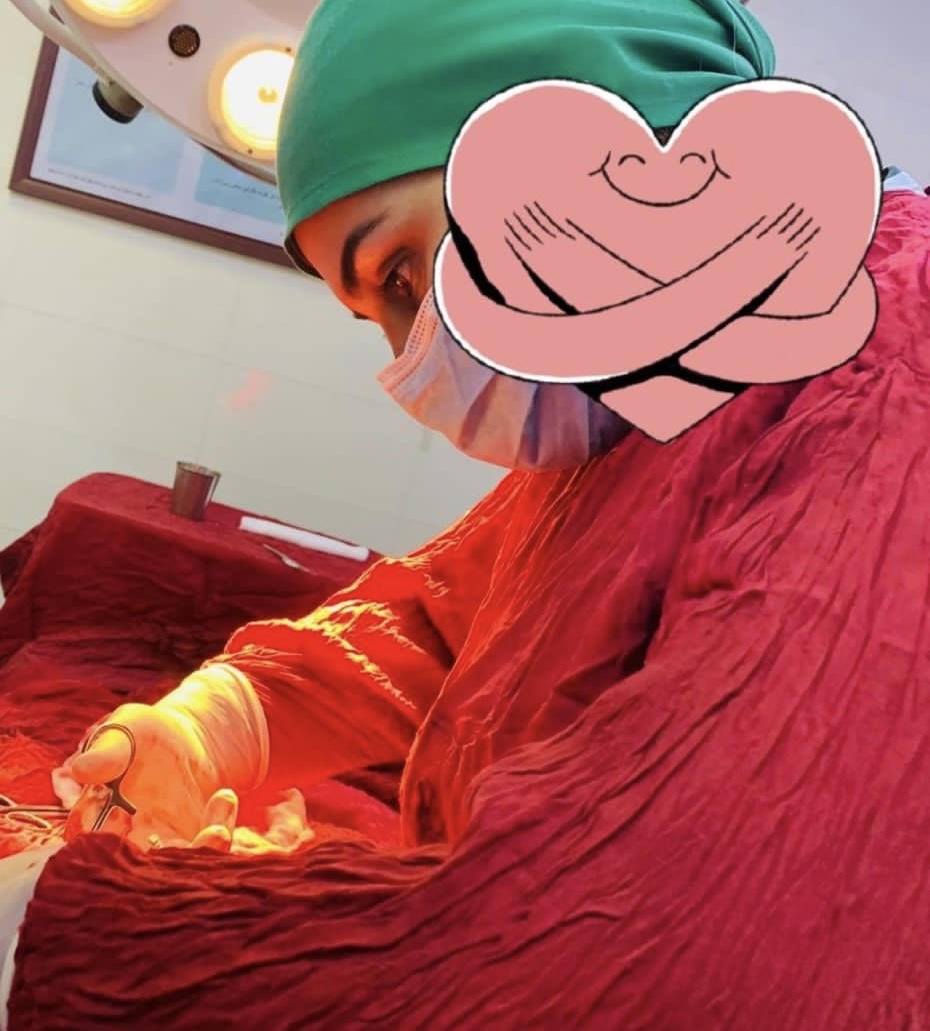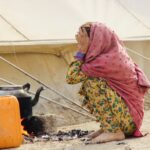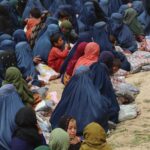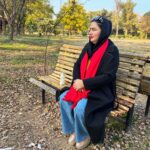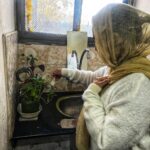According to a report by the World Health Organization (WHO) in 2024, Afghanistan’s health sector urgently requires assistance. The report highlights that due to the lack of health facilities in the country, 21 mothers lose their lives every day, resulting in 148 children being severely affected.
During the preceding Republic administration, there were grievances regarding the scarcity of female physicians in hospitals. However, following the Taliban took control, a significant number of educated women have fled Afghanistan in search of employment opportunities elsewhere, exacerbating the situation for hospital patients.
Many female physicians who have been forced to leave their home country are facing numerous challenges, including those who are currently living in Islamabad, Pakistan. Dr. Ayesha Niazi, a gynecology specialist, is one of these physicians. She has been living in Pakistan for almost two years now, but has continued to work on human rights issues even after leaving her home country.
“I graduated from Kabul Medical University in 2018, and began my four-year specialized tenure at Malalai Maternity Hospital,” explains Mrs. Ayesha Niazi. “My goal was to become a specialist physician and serve my nation. However, everything changed with the fall of the government. The most fulfilling moments of my career have been when I’ve been able to help others, especially women and girls in Afghanistan.”
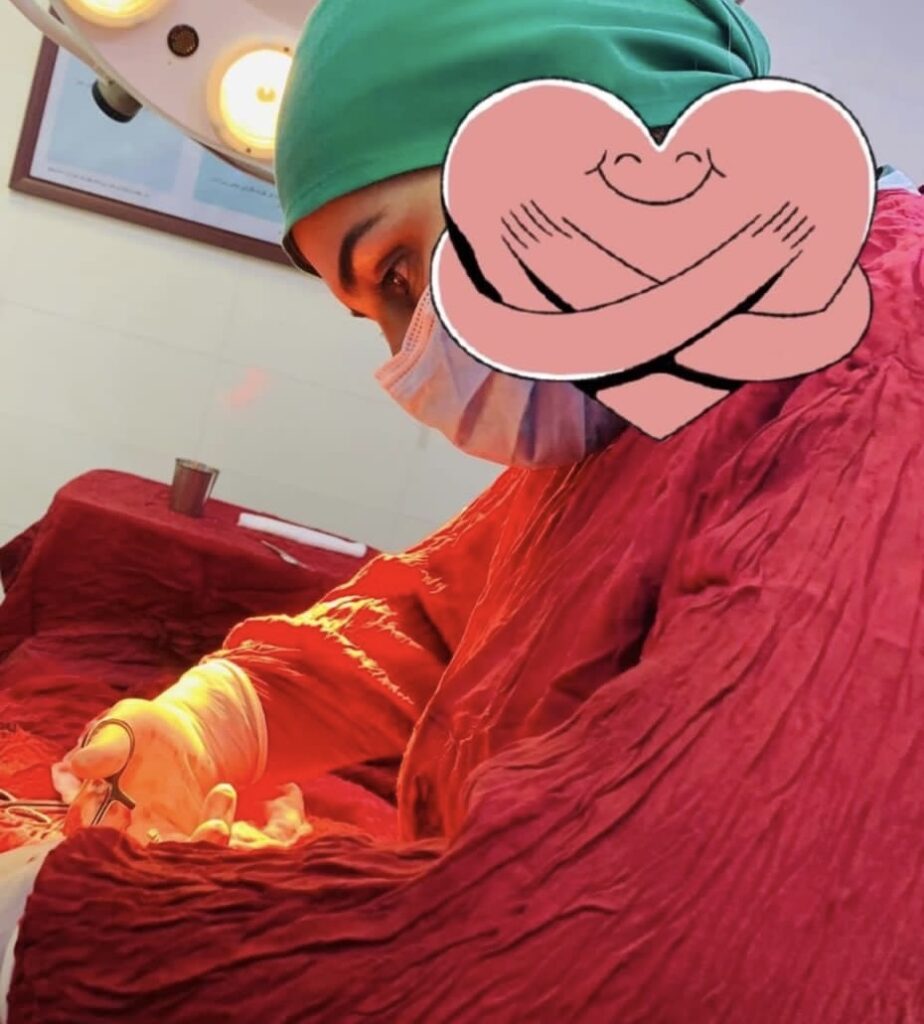
Mrs. Niazi added that she was present at the hospital on August 15, the day the Taliban took control of Kabul. Initially, she continued to work alongside other female physicians, and the hospital’s condition remained consistent with expectations. However, the Taliban’s mistreatment of women made it increasingly difficult for her to continue working. Despite facing numerous challenges, she persisted and continued going to work. Her spouse was arrested and incarcerated by the Taliban, which added to her difficulties. After her husband was released from prison, the situation became increasingly dangerous for her and her family. As a result, they were forced to leave Afghanistan and fled to Pakistan on January 22, 2022.
In 2023, Doctors Without Borders published a report that highlighted the uncertainty surrounding healthcare workers’ exemption from the ban in Afghanistan. The report emphasized the crucial role of humanitarian and non-governmental organizations in providing healthcare services in the country. It also stressed the importance of women’s participation in non-governmental organizations that offer healthcare services.
Dr. Shahrabano Jawadi stated, “I started my pharmacy studies in 2016 and completed my degree in 2018. I passed the state examination which was administered by the Ministry of Public Health. During this period, I also worked as a manager at a foreign organization that specialized in providing healthcare services. I took an active part in efforts to aid women who were struggling with domestic violence.”
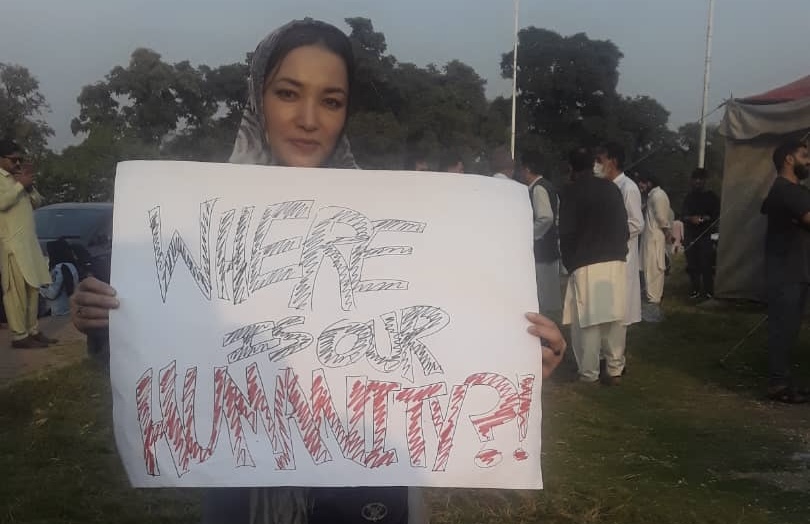
Mrs. Shahrabano has expressed her exhaustion from enduring several obstacles in Pakistan, “In January 2024, I went for a walk with a close friend and was attacked by unidentified individuals who seized my hand, and knocked me unconscious. The incident was published in the media, but due to the absence of a visa, she refrained from reporting it to the police.” Currently, the Pakistani government is expelling Afghans without visas. Even though Mrs. Shahrabano is trying to renew her visa, the process is prohibitively expensive.
Saleha Usman Khel, a medical technology expert, asserts, “I completed my education amidst numerous economic difficulties and obstacles imposed by the previous administration; I intended to provide for my family financially and serve my country through my chosen profession.” She added, “I have a medical technology graduate degree from Kabul University and have worked as a technologist in the health examination department of the French (FMIC) hospital located in Kabul. I was satisfied with my job. As a result of the government’s collapse, however, everything changed.”
Saleha is a mother of two children who has been living in Pakistan for a year now. She is having trouble accessing medical facilities in the country, and her younger son has been suffering from an illness for the past eight months. She is unable to buy his medication because of financial constraints. Saleha participated in protests for her rights in Afghanistan, which led to her decision to migrate to Pakistan with her family. However, she is concerned about her children’s future because of the lack of assistance.
In 2023, the World Health Organization (WHO) stated in a report that 2 million individuals were deprived of healthcare services, and 262 permanent healthcare centers in the country and provinces ceased operations due to a lack of funding.
Mrs. Shankai Karokhel, a human rights activist and former member of the Wolesi Jirga, described the plight of Afghan women and girls as alarming. She stated, “Since the fall of the government, Afghan women and girls, including female physicians, have been living in destitution.” In Afghanistan, restrictions are in place that deny women the right to education, employment, and mobility. Furthermore, the dearth of physicians in remote regions is a significant issue and the leading cause of maternal mortality during childbirth in Afghanistan, according to Mrs. Karokhel.
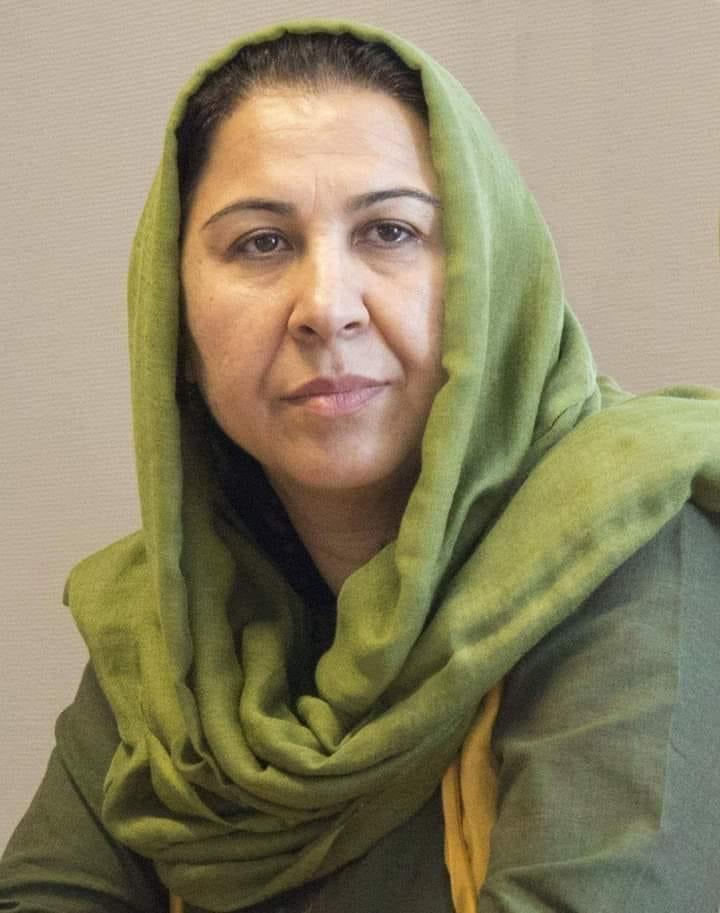
Maternal mortality rates in Afghanistan have increased since the collapse of the government, according to Najam Al-Samaa Shafajo, the head of the Women’s Obstetrics and Gynecology Association and a former advisor to the Ministry of Public Health. This is due to a shortage of female physicians and staff, as most specialists were prohibited from working in the health sector and fled the country. Mrs. Shafajo noted that there are currently no obstetrics and gynecology hospitals in Afghanistan that meet global standards, which is a concern given the high expectations of the people. The shortage of equipment and capacity-building initiatives in Kabul and other rural areas exacerbates the problem. Therefore, it is crucial to invest in staff capacity-building programs and education for female healthcare nurses and recent graduates.
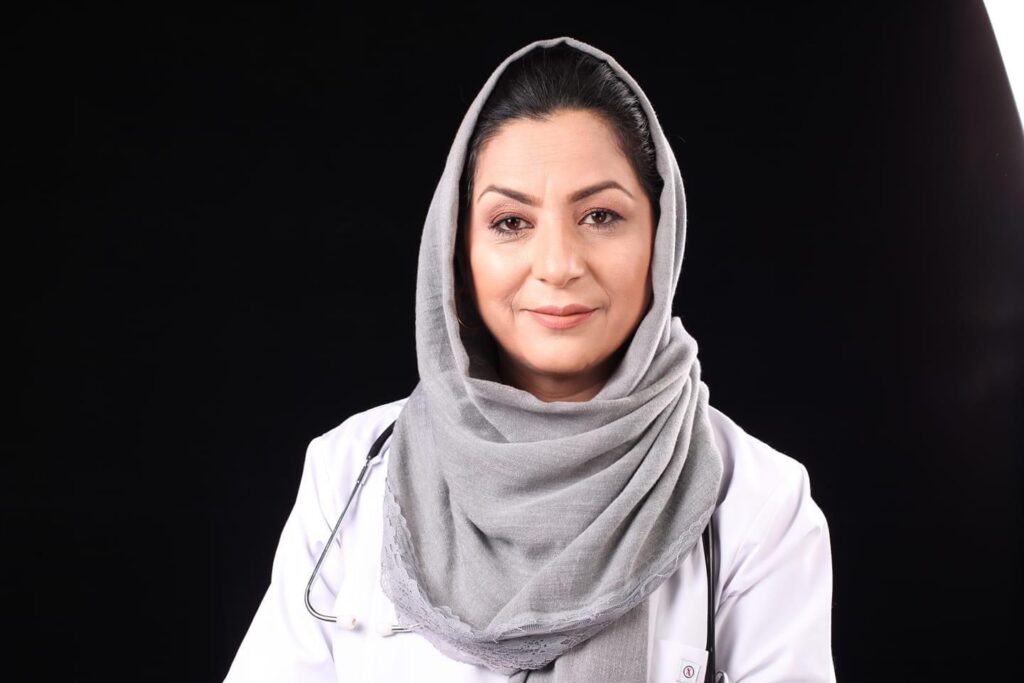
Individuals are encountering challenges after the Taliban gained power in the country and are requesting assistance from the Health Ministry to resolve these issues. Regrettably, the persistent issues remain unresolved.


